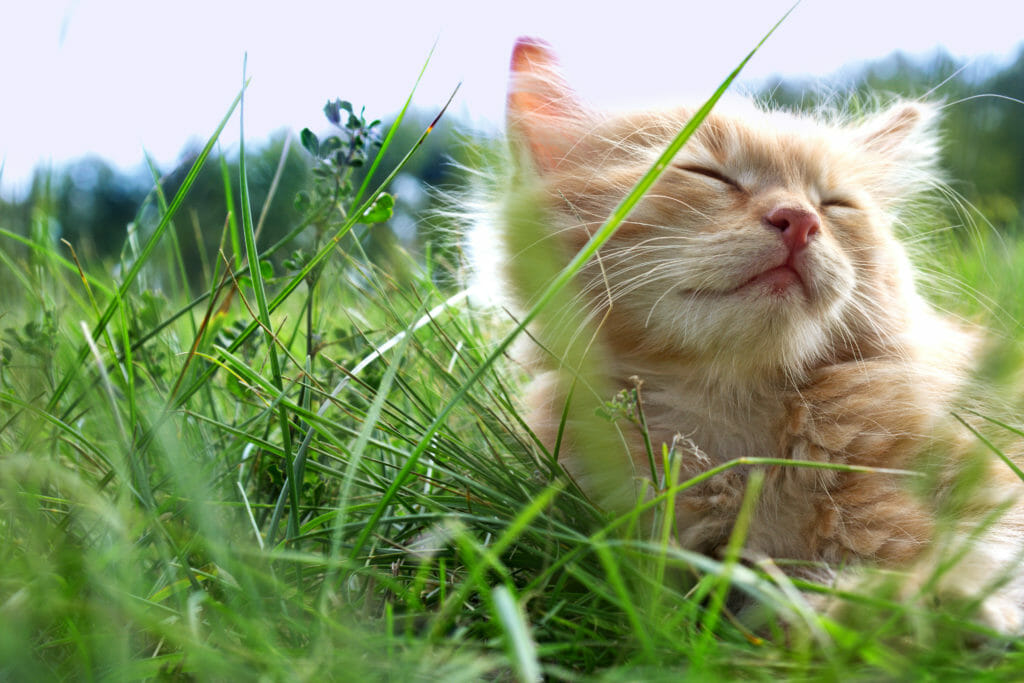
Dental Care for Dogs
The most common disease to afflict our pets is oral disease, with approximately 85% of animals over the age of 2, being affected. The most common symptom noticed at home is halitosis (bad breath), but likely means there is more going on – such as gingivitis (red gums), infection, mobile teeth, and/or tooth root abscesses. Your pet may only display subtle symptoms, such as mild lethargy, decreased energy level or willingness to play, chewing on one side of the mouth, dropping food, eating their food slower than normal or avoiding dry kibble when they used to eat it willingly. If your pet is showing any of the above symptoms, he/she should be examined by a veterinarian. We offer a wide range of dental care for your pet, to help them live a long and happy life!
What types of dental care for dogs do you offer at the clinic?
We offer a wide range of dental care for dogs here at the hospital. This always begins with preventative strategies while your pet is young, and their teeth are healthy: Dental procedures here at our clinic include
How often should you brush your dog’s teeth?
In an ideal world, we would brush our pet’s teeth daily. If this isn’t possible, we have alternatives. It is best to have a consultation with a veterinarian to examine your pet’s mouth/teeth before you start brushing to ensure they’re not painful. If you try to start brushing your pet’s teeth while they’re painful; it will hurt, and you will not get long-term compliance/success.
Why is oral and dental health important?
The biggest reason we think of dental health being important is to try and prevent oral pain, which is true! Especially since our pets hide pain (especially oral pain), so well. However, we know that bad oral health has a negative impact on the entire body – especially affecting organs such as the heart, liver, kidneys. Therefore, taking care of our pet’s teeth and mouth will lead to a longer and happier life!

